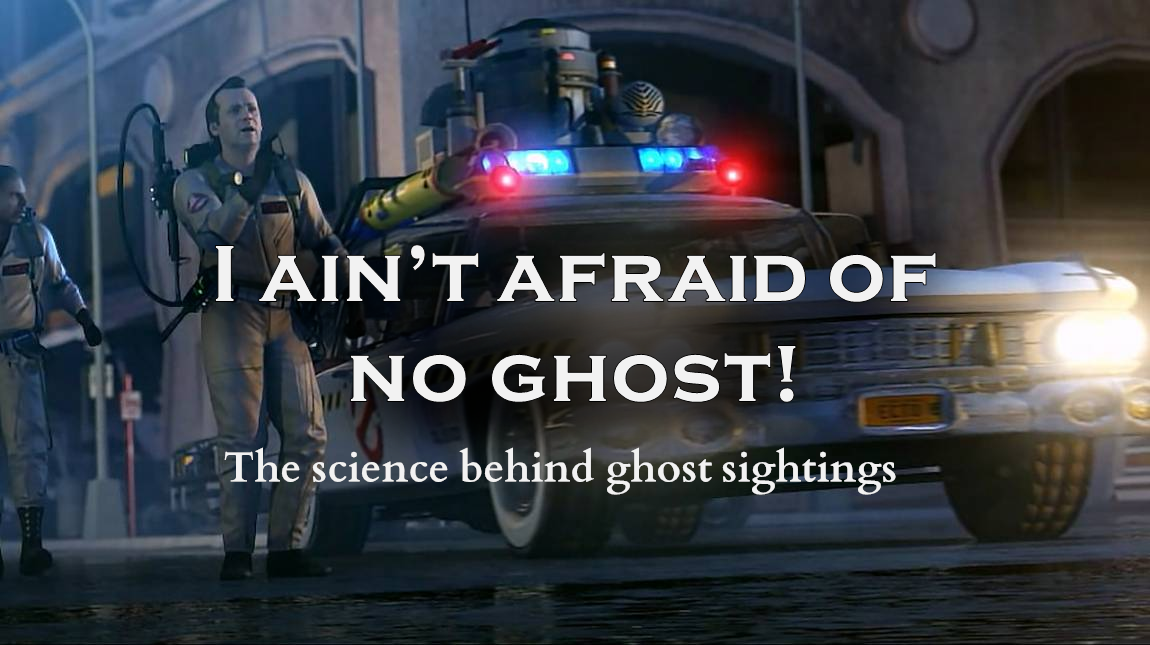Sociopaths – The guy we imagine when we hear the word “villain”
When I did my research about the topic, I was pleasantly surprised, that there are more and more articles out there that point out the difference between a psychopath and a sociopath. I admit it is hard enough to spot either and even harder to tell which one we see because there are a lot of overlaps between the behavior of a psychopath and a sociopath. Sociopathy is not a diagnostic term in psychology, instead, it is called antisocial personality disorder (ASPD), and I think it is only fitting to call the child by its name.
Let’s start with the similarities! Both psychopaths and sociopaths lack empathy and tend to manipulate others, and because of that, they can walk down the dark path towards being a criminal. Although some say that people with ASPD have a conscience – that little voice in the head that tells you, that you are doing something wrong – it is really faint, while in psychopaths it just doesn’t exist. I must point out as I did in the previous blogpost about psychopaths, that people with ASPD are not all criminals. A lot of them can blend into society, although not as successfully as their more calculating psychopath counterparts, and they’re not nearly as good actors.
Why? Let’s talk about the differences.
To sum it up, psychopaths are the “cold-hearted” while people with ASPD are the “hot-headed” type of villains if we want to stay on the topic of literature. Those with the latter are impulsive and reckless, inconsiderate or disregarding the consequences of their actions. They are often aggressive, display a dysregulated temper, and thus can react violently to provocation or frustration. They don’t have the kind of self-control and acting skills a psychopath has. On the other hand, they are capable of establishing relationships and connect with others. Don’t get me wrong, they are bad at maintaining them, and because of their behavior it is challenging for their environment to tolerate them but at least these relationships are not as empty as in the case of psychopaths. They can truly care about someone or something.
From the biological point of view, ASPD is caused by a combination and interaction of genetic and environmental influences. Although we know about specific genes related to ASPD and psychopathy – for example, a gene that produces a protein that transports a hormone called serotonin in and out of brain cells, and another one that’s responsible for the breaking down and eliminating of serotonin – we can’t see clear differences in the brain structure like in the case of psychopathy, only the different activity. It seems that ASPD is more like a hormone-related thing, rather than neurodevelopmental.
Traumatic events can lead to a disruption of the standard development of the central nervous system, which can generate a release of hormones. Testosterone, for example, is a hormone that plays an important role in aggressiveness while cortisol facilitates the cognitive control of impulsive tendencies. This is important because if childhood trauma can lead to hormonal changes that distort the brain structure, it means that sociopaths are not born this way, they are made by the environment.
Yepp, we finally arrived at the bad and/or dead parents kind of villains.
Of course, they need to have some tendencies from birth, but the right (or in this case, wrong) environment is needed to push that button. If you want to write a villain with a tragic backstory, that they are bad because their father was abusive, or both parents were alcoholic, than APSD is the psychological disorder you are looking for.
Another difference between psycho- and sociopaths, is that the latter is treatable… sort of. Certain, long-term psychological methods exist that can manage an ASPD patient but only under very specific circumstances: the patient has to acknowledge their disorder and show a willingness to change it not long after the trauma that triggered their condition happened. Which means during childhood, preferably as early as possible. Adult or unwilling sociopaths cannot change, and no medication exists that can ease the symptoms. And even a young kid has not even close to a 100% chance to recover from the damage. In most cases (those really, really rare cases) psychologists see a brief period of hope where the patient shows less and less ASPD symptoms, but after that they mostly regress into their original state. So I hate to disappoint you, but this isn’t the kind of villain who’ll turn their life around if enough love and compassion surround them.
To show a great example, my favorite sociopath is Sherlock Holmes from the BBC show “Sherlock”. In the first episode he even calls someone out on the difference of the two mental disorders, and I can’t think of better representation. He cares about Watson and Mary, showing clear signs that he can form strong bonds, however often disregards their feelings as the nearly nonexistent social finesse he possesses doesn’t cover such an intricate interaction with others (at least intricate for someone with ASPD). He’s sometimes seen firing a gun in the living room because he’s bored, thus confirming his lack of impulse control. He is a genius of course but acts rashly, sometimes reckless, takes a lot of risks, and doesn’t think of others while he does this. Sherlock is definitely not a villain, but as one of the police officers says in the first episode, there is always a risk the next corpse they found will be provided by Holmes himself.
If we put Sherlock beside Hannibal Lecter the difference between a person with APSD and a psychopath is unmistakable. Because Dar wants to get involved in everything, his choice for great sociopaths are either Oswald Cobblepot or Edward Nigma from the series Gotham. Can you think of another good representation of sociopaths in movies or in books? Which type of villain do you prefer better in a story? I think a psychopath with their acting skills is way more terrifying because you can never know what is an act and what is real.
Next week we either move onto the next member of the dark triad, the narcissistic personality disorder, or we take a break from the villains and talk about another popular trope, the outcasts through the lenses of anthropology.
Lory





Comments
Post a Comment